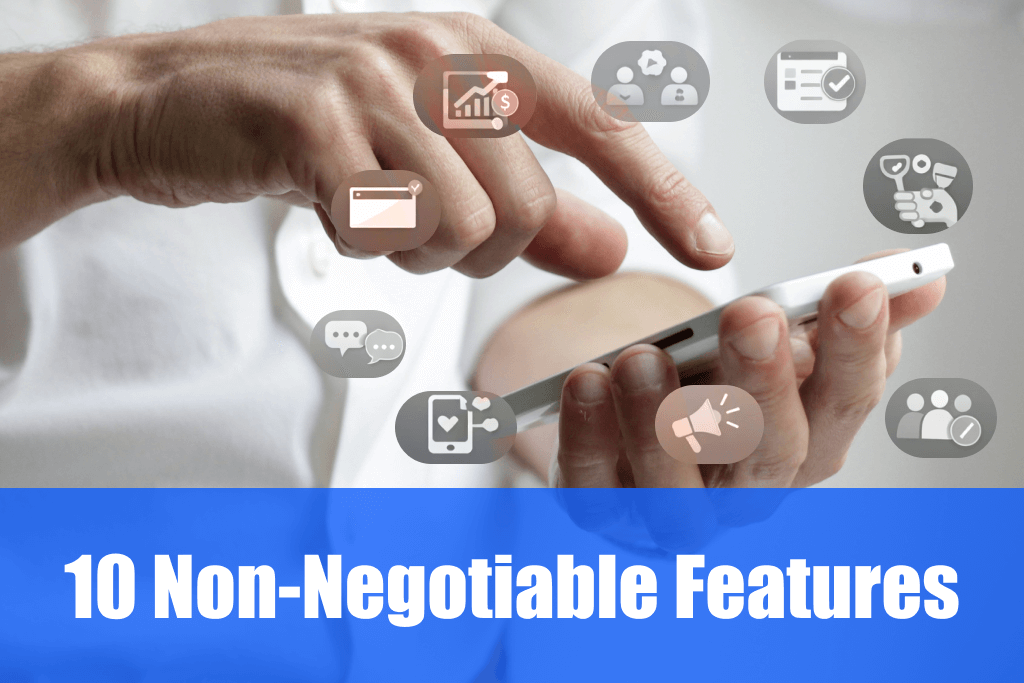Hashtags, once merely a symbol on your keyboard, have transformed into a powerful and ubiquitous tool in the digital age. A hashtag is a word or phrase preceded by the '#' symbol, and its primary function is to categorize and organize content across social media platforms.
Hashtags are used across a wide spectrum of digital platforms, including social media networks like Twitter, Instagram, Facebook, and LinkedIn, as well as in content-sharing platforms like YouTube. They serve a multitude of purposes, from tracking trending topics and sparking conversations to enhancing content discoverability and fostering online communities. In a world inundated with digital information, hashtags are the guiding signposts that help us navigate the vast landscape of the internet, allowing us to find, share, and engage with content that resonates with our interests and passions.
In today's digital age, promoting events has become easier and more effective event hashtag strategies than ever before, thanks in large part to social media. Among the many tools available, hashtags are a powerful way to increase the visibility of your event and engage with your target audience. However, using hashtags for event marketing correctly is crucial to making the most of this promotional strategy. In this blog, we will guide you through the art of using hashtags effectively to promote your event.
Top 10 Best Event Hashtags And Virtual Event Hashtags
Top 10 hashtags for event and virtual event hashtags across popular social media platforms like Instagram, Twitter, Facebook, and TikTok are:
#events
#eventstyling
#corporateevents
#wedding
#birthday
#virtual
#webinar
#virtualreality
#online
#zoom
The power of Hashtags
When you create a hashtag for your event, you're essentially opening a door for your target audience to find and engage with your content. Here's how to make the most of this powerful promotional tool:
1. Choose Relevant Hashtags
The first step in using hashtags effectively is selecting the right ones. Your hashtags should be directly related to your event and resonate with your target audience.
Consider the following tips when choosing hashtags:
a. Event-specific hashtags: Create a unique hashtag specifically for your event. This will help attendees and potential attendees find all related content in one place. For example, if your event is a tech conference, you might use something like #TechCon2024.
b. Trending hashtags: Keep an eye on trending hashtags that are relevant to your event. If you can incorporate them into your posts, it may increase the visibility of your content to a wider audience.
2. Research Hashtags
Before finalizing your choice of hashtags, do some research on relevant hashtags to see how popular they are and what kind of content is associated with them. Tools like Hashtagify, TweetReach, or social media management platforms can help you discover relevant and trending hashtags. It's essential to strike a balance between using popular hashtags that can increase your reach and niche-specific ones that target your ideal audience.
3. Keep It Concise and Clear
When using hashtags, remember that clarity is key. A concise and straightforward hashtag is more likely to be memorable and effective. Avoid long, convoluted hashtags that are difficult to read and remember. Short and sweet is the way to go.
4. Create a Hashtag Strategy
To maximize your event's visibility, create a hashtag strategy. Plan when and how often you will use your event's hashtag in your posts. Here are some elements to consider:
a. Pre-event promotion ideas: Start using your event's hashtag well before the event date to build anticipation. Share teaser content, speaker announcements, and behind-the-scenes glimpses to generate buzz.
b. During the event: Encourage attendees to use your event's hashtag when sharing their experiences, photos, and insights. This will help create a sense of community and encourage more people to join in on the conversation.
c. Post-event follow-up: Keep the momentum going after the event by sharing highlights, key takeaways, and thank-you messages using the event hashtag. This can also help with post-event engagement and feedback.
5. Engage with Your Audience
Using hashtags isn't just about broadcasting your message—it's also about engaging with your audience. Monitor your event's hashtag regularly and interact with users who use it. Respond to questions, retweet or share user-generated content, and acknowledge participants' contributions. Engaging with your audience can foster a sense of community and loyalty around your event.
6. Avoid Overloading with Hashtags
While hashtags can serve as valuable tools, overloading a single post with too many of them can become overwhelming and counterproductive. Given the character limits on social media platforms such as Twitter and Instagram, it's essential to utilize your hashtag space judiciously. Strive for a maximum of two to three pertinent hashtags in each post to ensure readability and encourage engagement.







.png)
.jpg)





